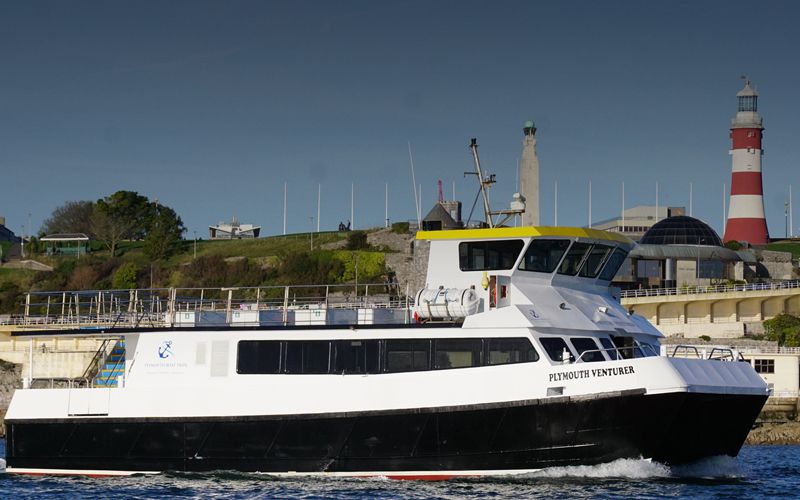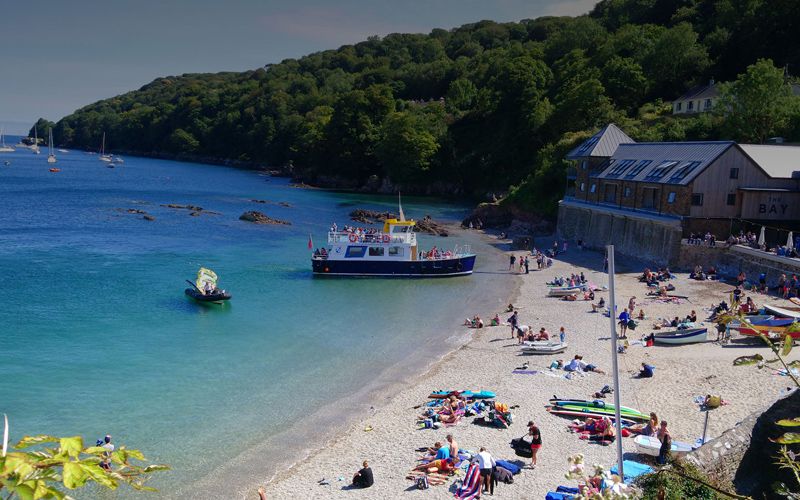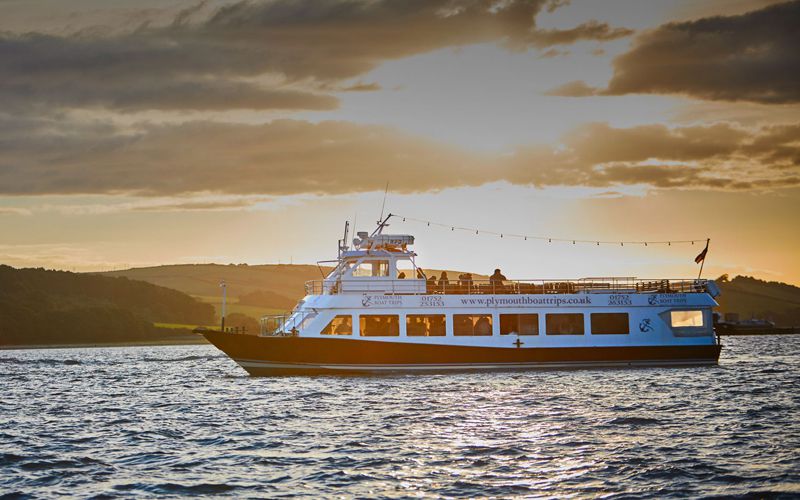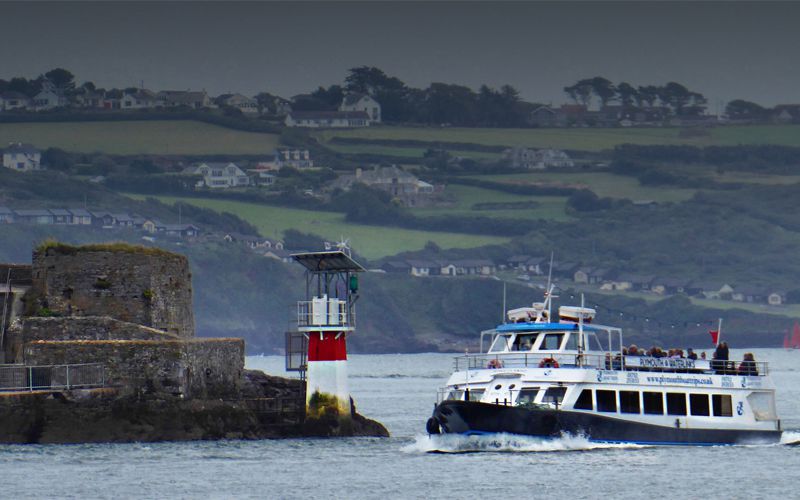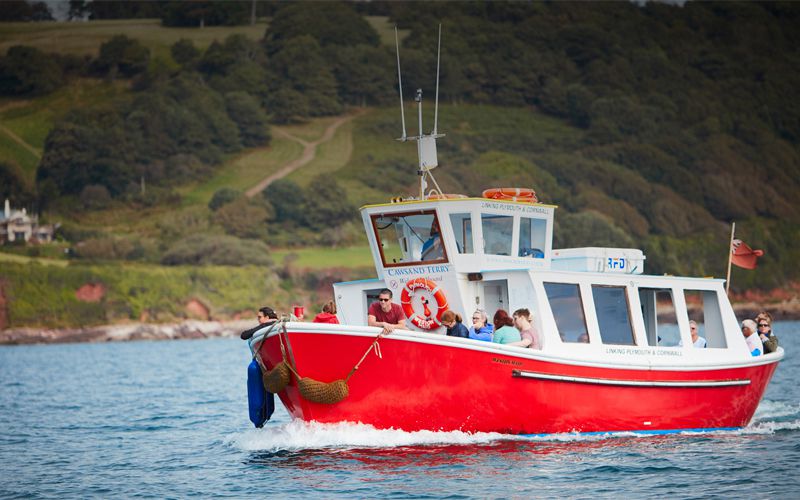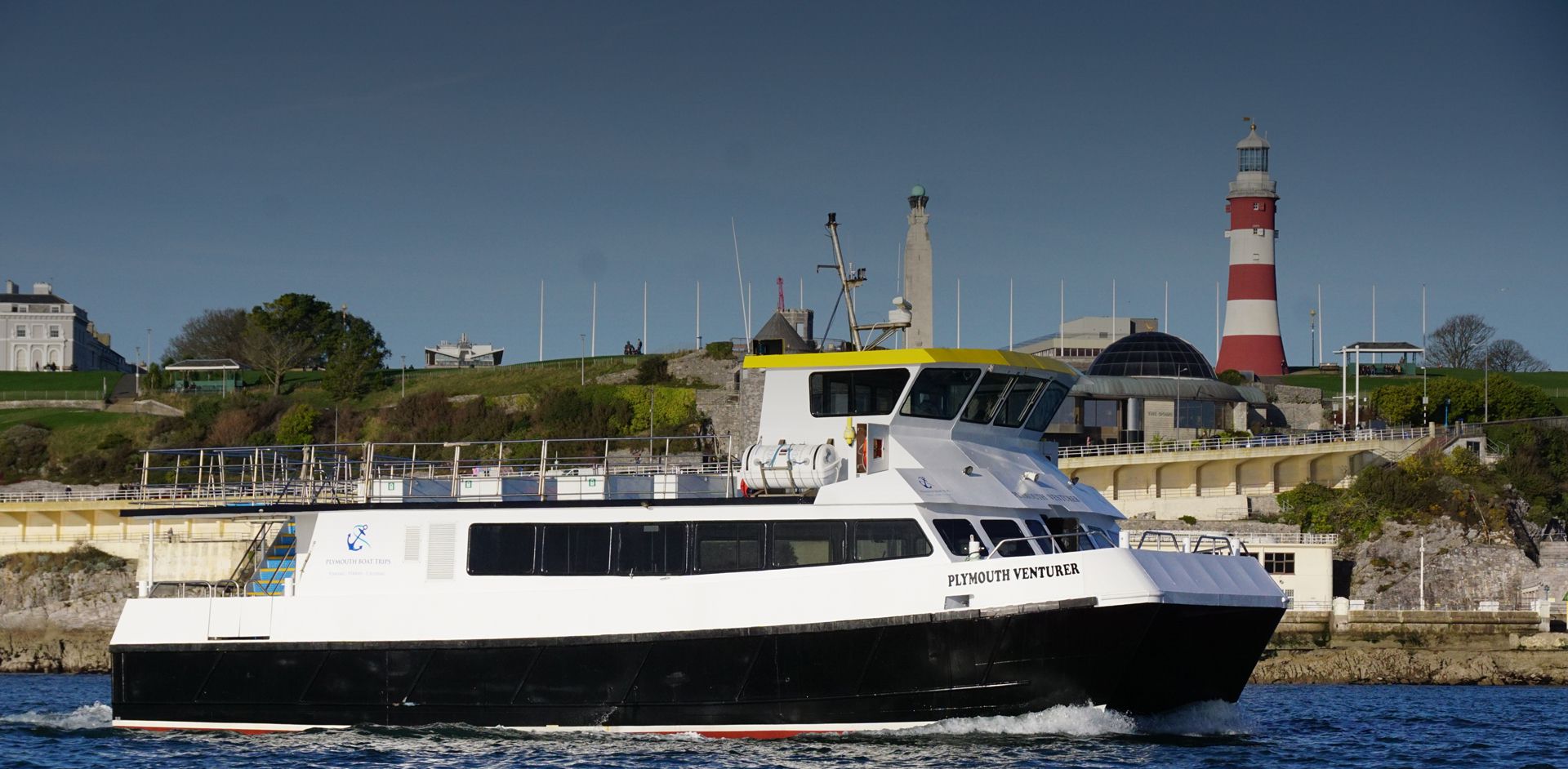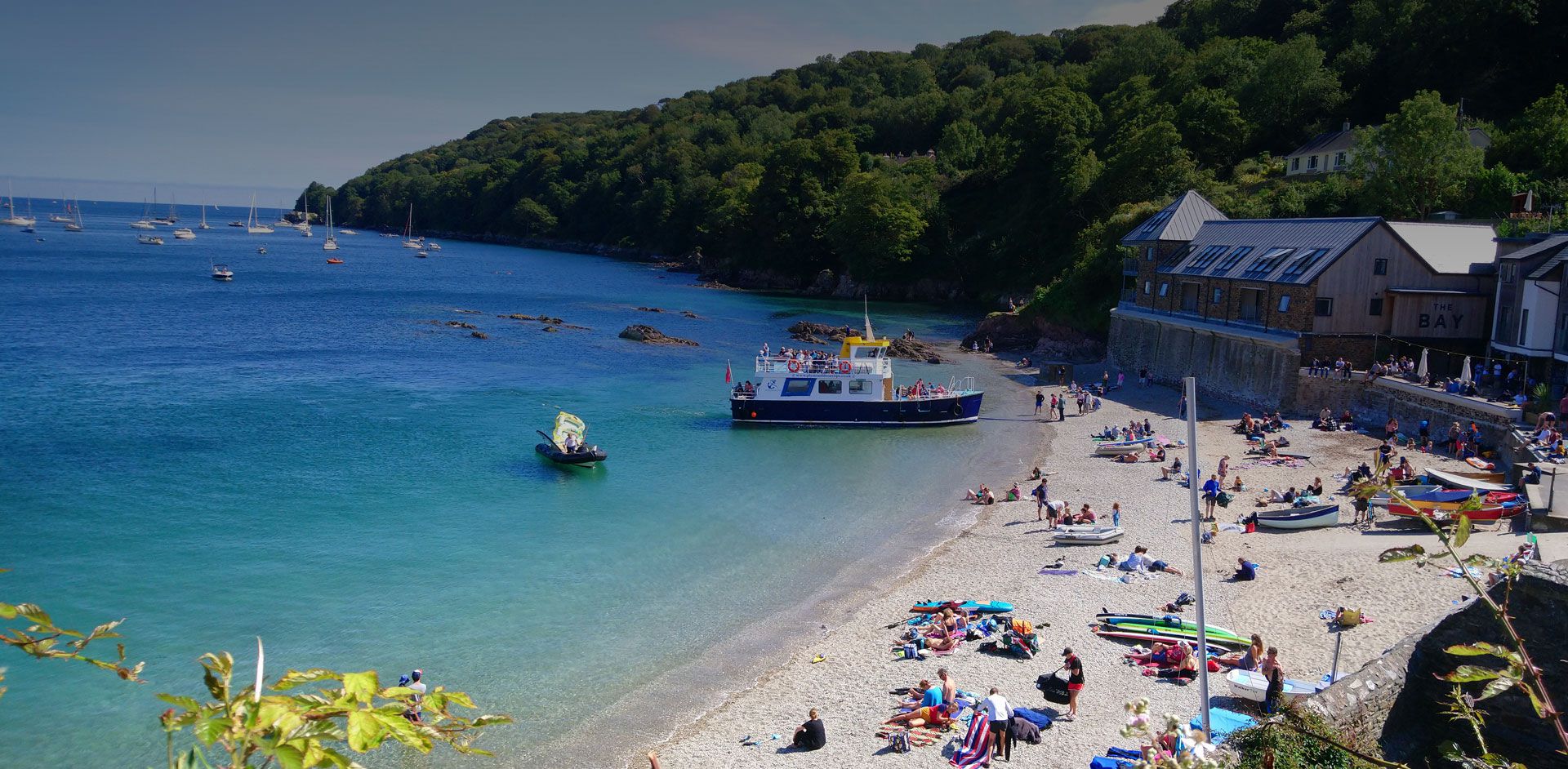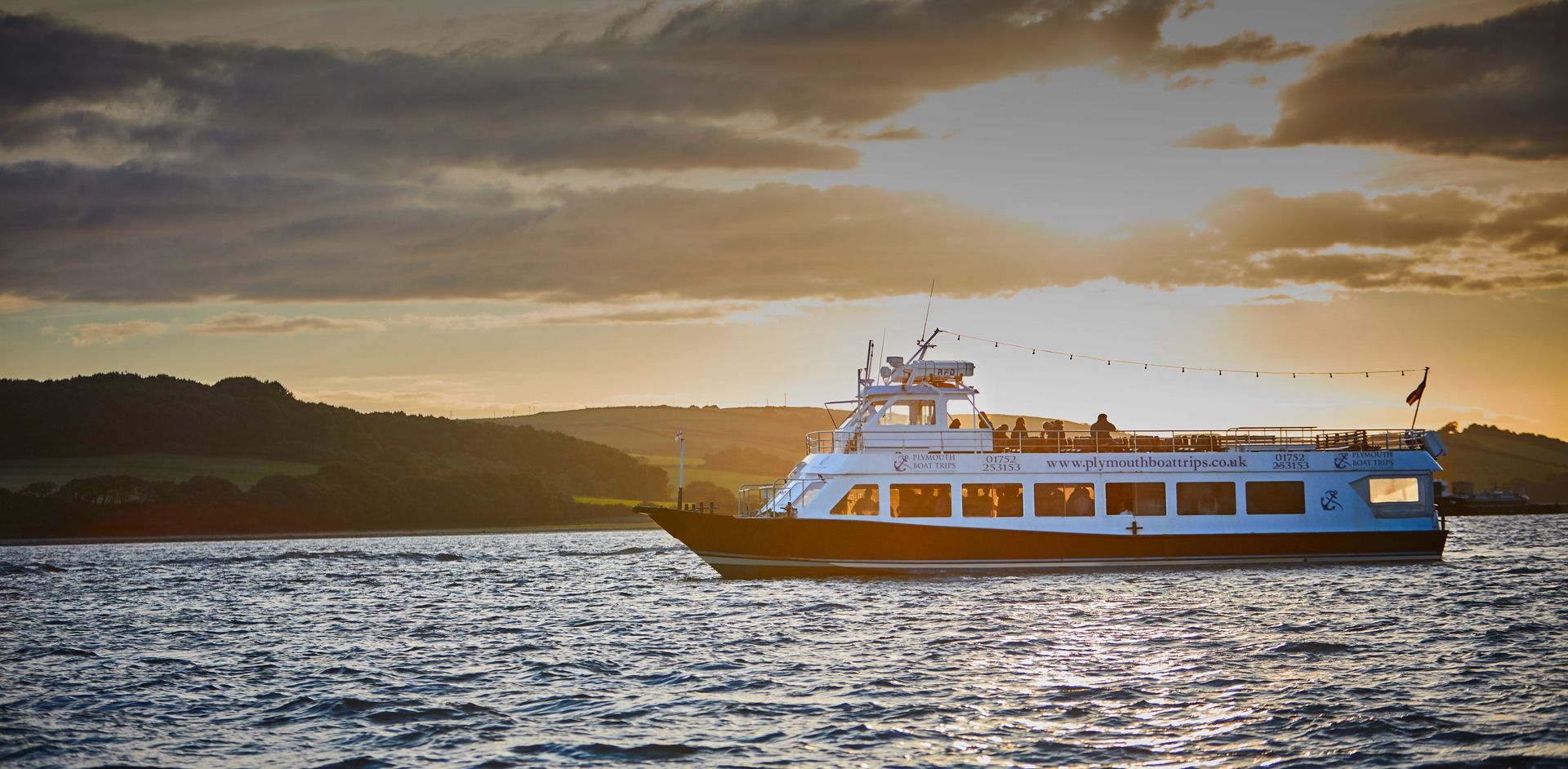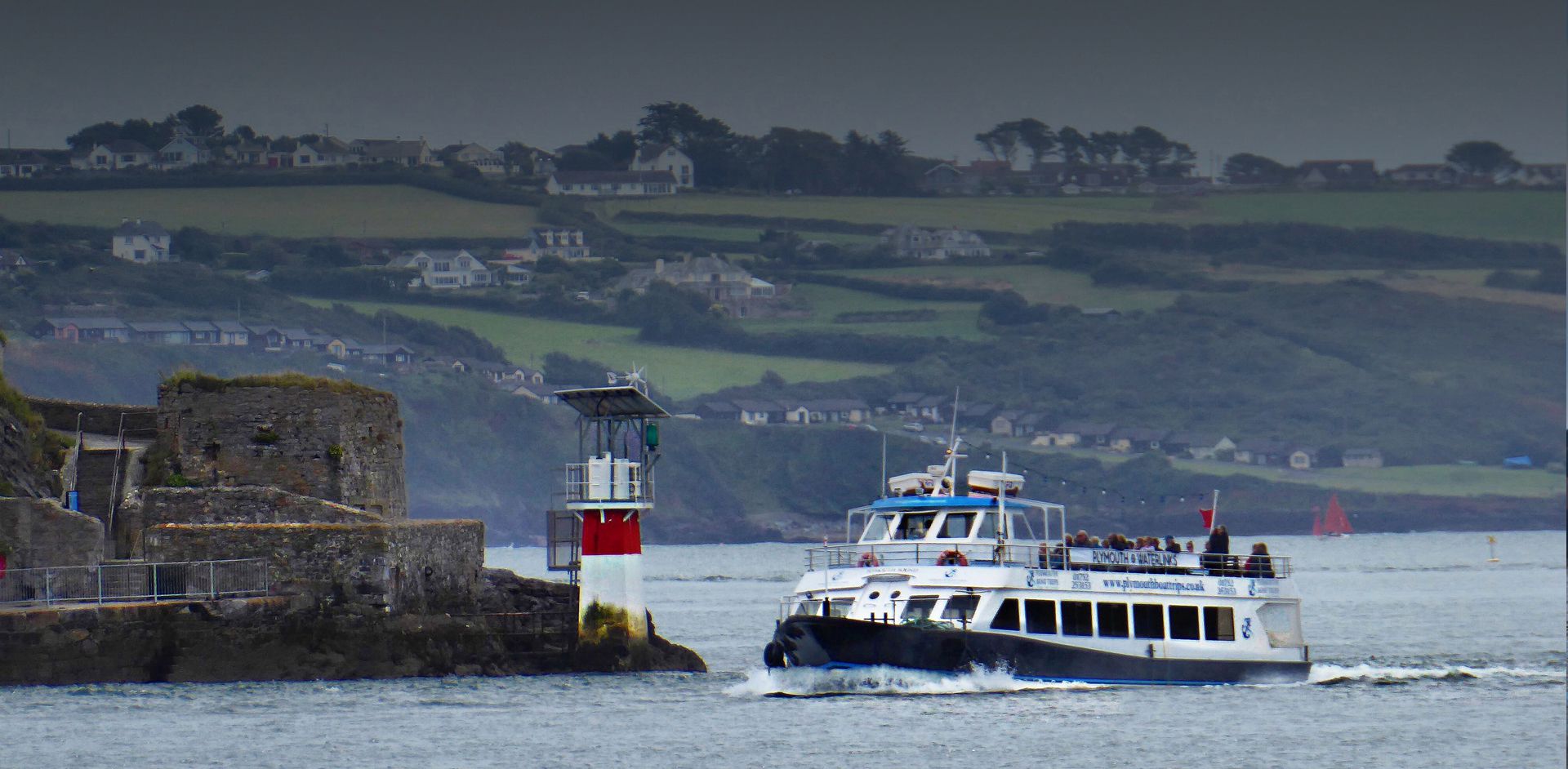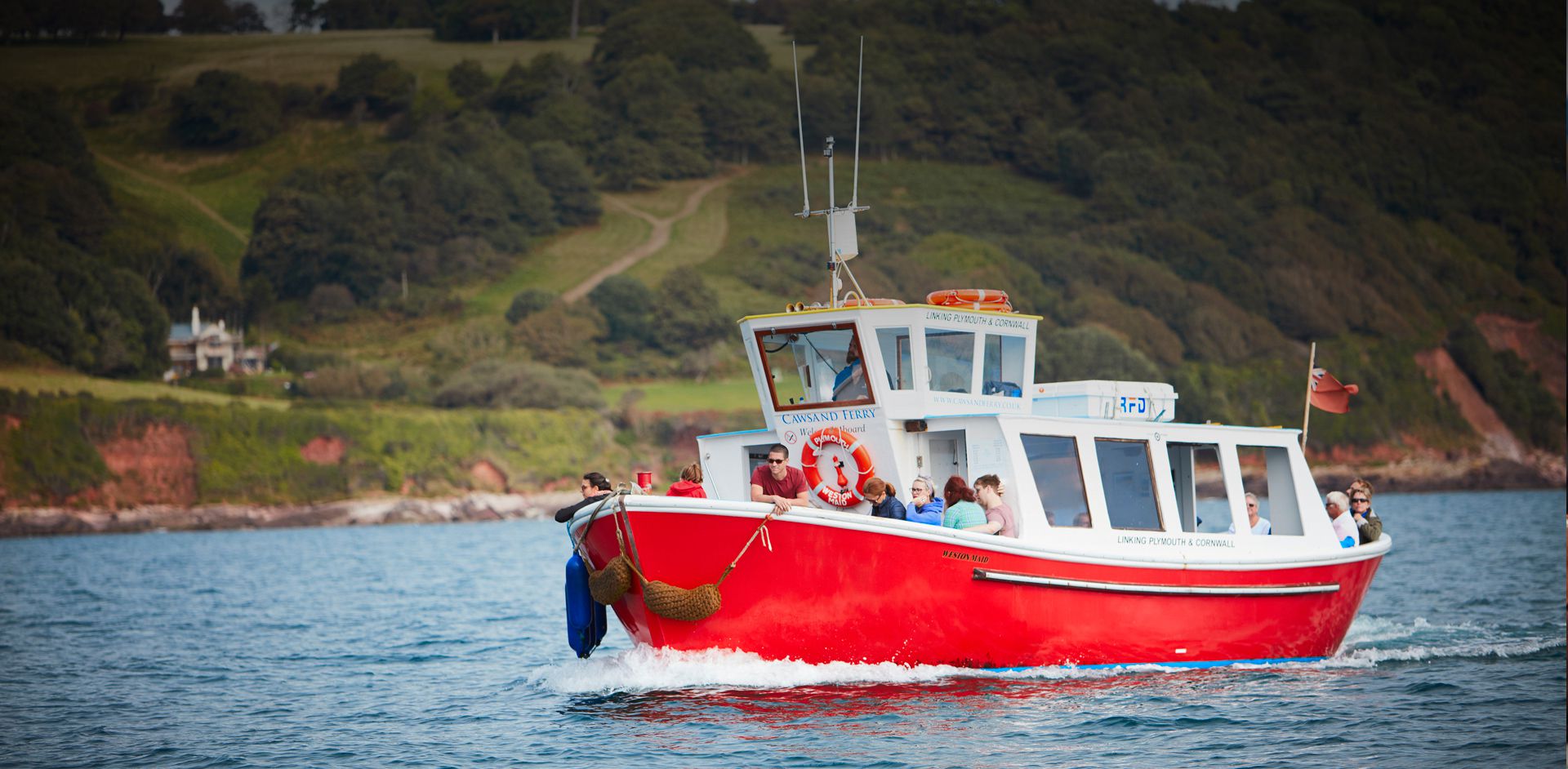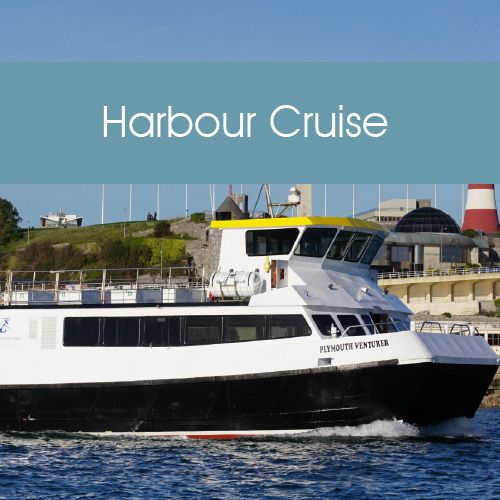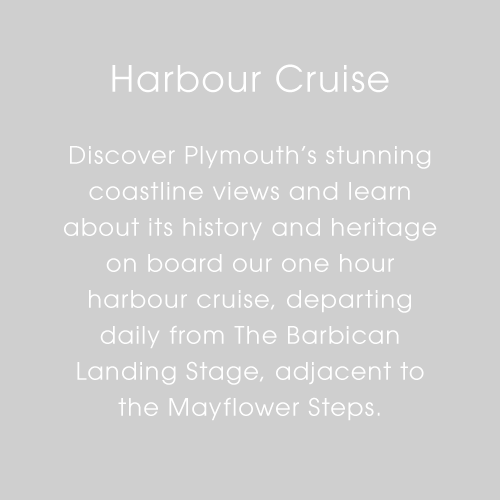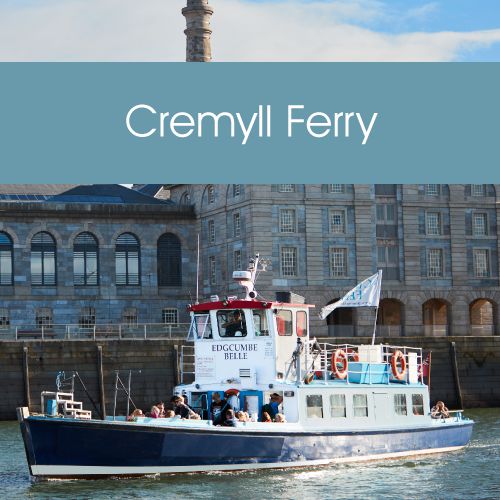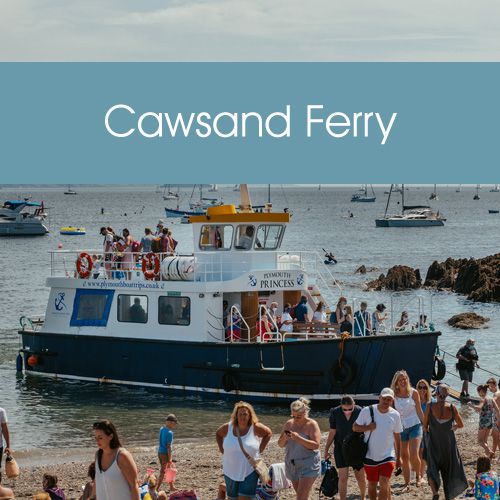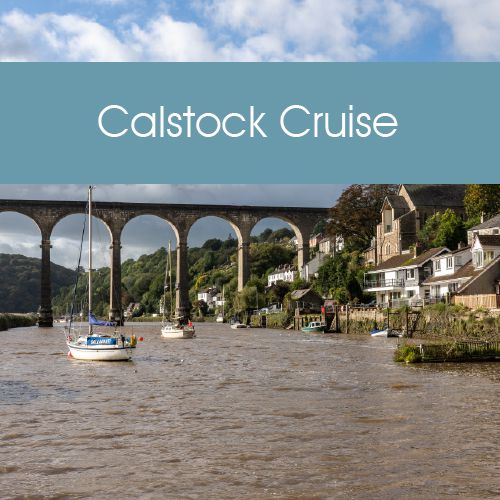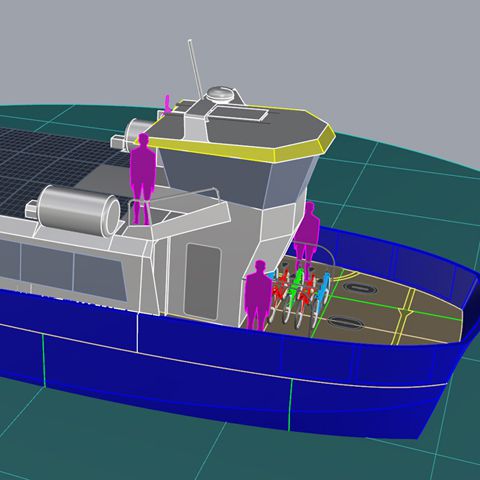
Cremyll Ferry goes electric
Feb. 2021
Voyager Boatyard and Plymouth Boat Trips Win Funding to Create e-Ferry
Voyager Boatyard has successfully bid for funding from Innovate UK to design and build e-Ferry. The, fully electric, boat will become the flagship vessel on Plymouth Boat Trips’ historic Cremyll Ferry commuter route, between Plymouth and South East Cornwall. Following the company’s recent conversion of a small, diesel work boat to e-Voyager, a 12 passenger electric design – this larger, 150 capacity vessel will operate for up to 14 hours a day on a single charge.
The funding from Innovate UK, comes as part of UK Research and Innovation, which is investing up to £191 million to fund single and collaborative research and development projects, via the Sustainable Innovation Fund, over the next two years. The aim of these competitions is to help all sectors of the UK rebuild after the effects of COVID-19.
The team at Voyager Boatyard have taken full advantage of quieter times, caused by COVID-19, to focus on the development of zero-carbon, fully electric propulsion systems for the domestic passenger vessel and under 24m commercial workboat sector.
Project Leader, Andy Hurley said: “We have used the down time to apply for funding, that will enable us to further develop our zero-carbon agenda. Following the success of e-Voyager, we’re delighted to move to the next phase and, once again, lead the way towards a sustainable marine future with e-Ferry.”
Voyager Marine and Plymouth Boat Trips will be working with Solis Marine Engineering, a team of expert naval architects, to create a clean hydrodynamically efficient hull form that maximises use of the stored energy available.
Simon Hindley, Managing Director of, Falmouth based, Solis Marine Engineering, said: “Projects which advance the zero-carbon agenda and marine renewables sector are central to our work. For this project, we will be working in partnership with Pelagic Design to deliver an optimised low resistance design which helps to advance the use of clean energy in the South West.”
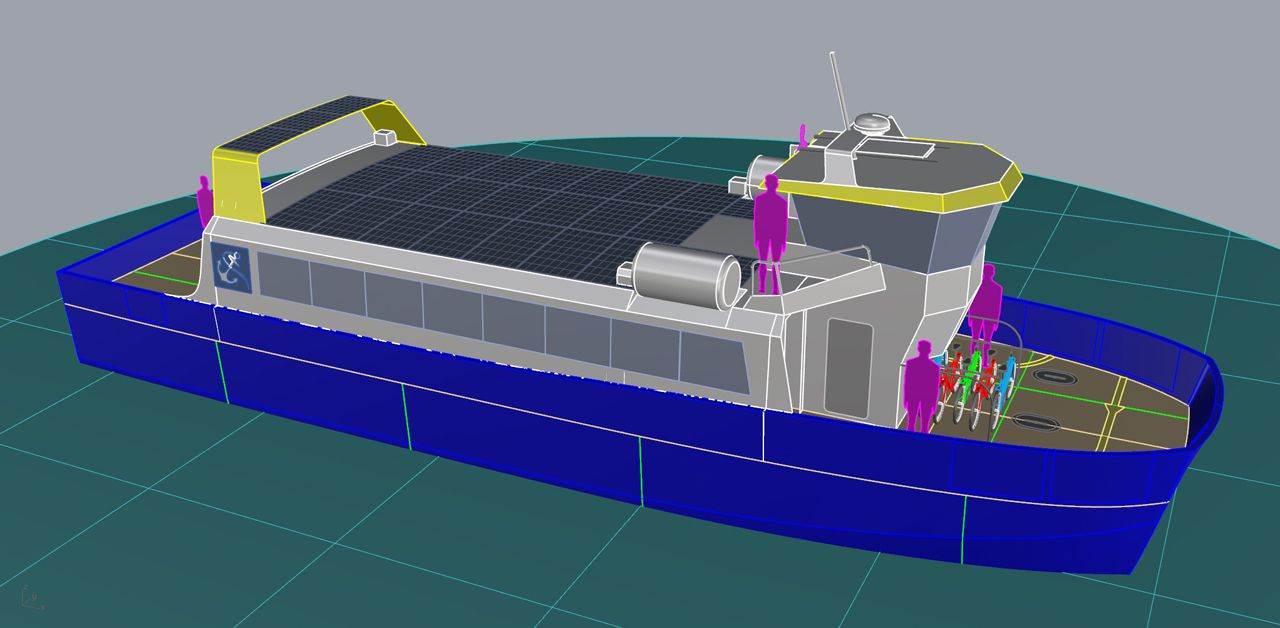
Both Plymouth City Council and Cornwall County Council have established targets, to become carbon neutral by 2030 and plans are underway for charging points to be installed on Plymouth’s Barbican Landing Stage and other sites.
Councillor Mark Coker, Cabinet member for Strategic Transport and Infrastructure, said: “This is a fantastic project for the South West and we wholeheartedly endorse it”.
“Economically, to see two South West-based companies combine to produce industry-leading technology does wonders for our marine sector in the city.”
“I’m also delighted from a climate emergency perspective. We want Plymouth to be carbon neutral by 2030 but as a Council, we can’t do it alone. That’s why it’s so great to see a high-profile Plymouth company setting an example to others by pulling up their sleeves and helping us to meet our ambitious target.”
The e-Ferry will be designed and built to effectively operate in a congested maritime environment, with strong tidal conditions, rough seas, and challenging berthing locations. It will also include additional zero-carbon solutions such as photovoltaic panels or similar renewable energy sources.
Andy Hurley continued, “Our aims match the government’s Clean Maritime Plan, to have zero-carbon commercial vessels operating in UK waters by 2025. To help meet this objective, we are transitioning our business from a traditional boatyard, to a specialist hub with the knowledge base and skills to design, build, convert and maintain zero-carbon, electric, commercial vessels across the UK and globally. It’s a very exciting time for the maritime industry and the South West.”
For further information, interviews and images please contact Sally Bowles, Plymouth Boat Trips PR & Marketing Dept.


